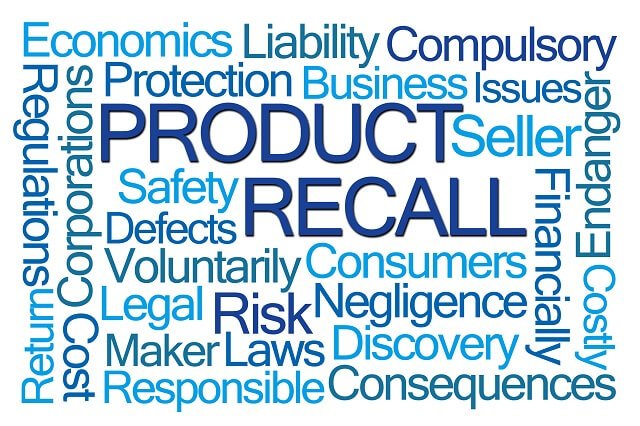
Free Consultation(203) 447-0000

Free Consultation(203) 447-0000

Yes, in many cases a retailer can, indeed, be held liable for a defective product – at least if an injury or a death resulted. Some people would be surprised to learn that a retail outlet can be held liable for an injury caused by a dangerous product, even if it did not manufacture the product or have a chance to inspect it before it was sold. Yet, under many circumstances, you can hold a retail outlet liable for selling a product that injured you, even if you were not the purchaser.
Connecticut product liability law sets the standard by which someone who is injured by a defective product can hold a retailer (and certain other parties) liable for his injuries. There is more than one way to hold a retailer liable for an injury caused by a defective product. One way is through strict product liability theory.
Under strict product liability theory, you do not have to prove that the defendant was negligent to win your claim. Instead, you must prove that the product was defective (see below) and that it was “unreasonably dangerous.” Normally, unreasonable danger is established by referring to the reasonable expectations of the average consumer.
To win your claim, you must prove that the product possessed one of the following three types of defects:
It is possible to claim that the product possessed more than one of the foregoing types of defects.
Another way to hold a retailer liable for a defective product is by proving negligence on the part of the retailer. Under the right circumstances, you might win a negligence claim against a retailer even if the product itself was not defective at the time it entered the stream of commerce.
Direct retailer negligence can occur in a variety of ways. Perhaps, for example, a retailer continued to sell a certain item of food far beyond its “sell by” date, and you consequently developed food poisoning after eating it.
If a product is recalled by the Consumer Product Safety Commission (CPSC) due to a dangerous condition, the retailer will be notified. If it ignores the recall, continues to sell the product, and the product injures someone, the retailer could be held liable for negligence. Negligence might also be found if a retailer failed to comply with instructions from the CPSC to make reasonable efforts to warn consumers who have already purchased a dangerous product.
Suppose the product’s retailer goes bankrupt before you can file your claim. In that case you might still have options. Anyone in the chain of distribution of the product, for example, can be held liable for an injury caused by the product, even if they were not responsible for the product’s defect. In effect, these entities act as insurers for the safety of the products they deal with. Depending on the circumstances you might file a claim against:
The foregoing list is not necessarily exhaustive, and a good product liability lawyer will know how to find the most appropriate defendant or defendants in your lawsuit.
If you suffered a personal injury that was caused by a defective product, you are likely to be entitled to a lot more than simple reimbursement for your medical bills. Did you miss work because of your injury, for example? What about the pain and suffering that you endured? Compensation for pain and suffering alone is often calculated at several times the amount awarded for medical expenses.
In certain cases, even punitive damages are possible, although Connecticut law strictly limits the amount of punitive damages that are available in product liability cases.
Tragically, sometimes people are killed by defective products (defective brake drums in an automobile, for example). Although a deceased victim cannot maintain a personal injury claim against a retailer, the executor or administrator of the victim’s probate estate can initiate a wrongful death claim. The executor or administrator is appointed by the probate court and is typically a close family member nominated in the victim’s last will and testament.
The compensation award can be large, and it might include components such as:
Every state imposes time limitations on filing civil lawsuits for damages. The reason for this is that evidence tends to deteriorate as time passes – witness memories fade or they move out of state, documentation is lost, etc. Connecticut’s statute of limitations for products liability sets strict deadlines for filing a lawsuit, and if you miss the applicable deadline, your claim will probably become worthless.
Generally speaking, the deadline for a product liability lawsuit is three years after the date of the injury or death caused by the product, but no later than ten years after the date of the retailer’s last possession or control of the product in question. Since some of these deadlines can be extended under limited circumstances, it is best to consult with a products liability lawyer to determine how Connecticut products liability law applies to the facts of your particular case.
If you have been injured by a defective product or if your loved one was killed by a defective product, you might be entitled to sizeable compensation. Nevertheless, product liability claims can get complex, and you are likely to need legal assistance. It’s not just a matter of winning, it’s a matter of how much you win.
Contact Berkowitz Hanna today to schedule a free case evaluation by calling us or contacting us online. We serve clients from all over Connecticut from our offices in Stamford, Bridgeport, Danbury and Shelton. And remember: your legal bill will be zero unless we win your claim.
Berkowitz Hanna
